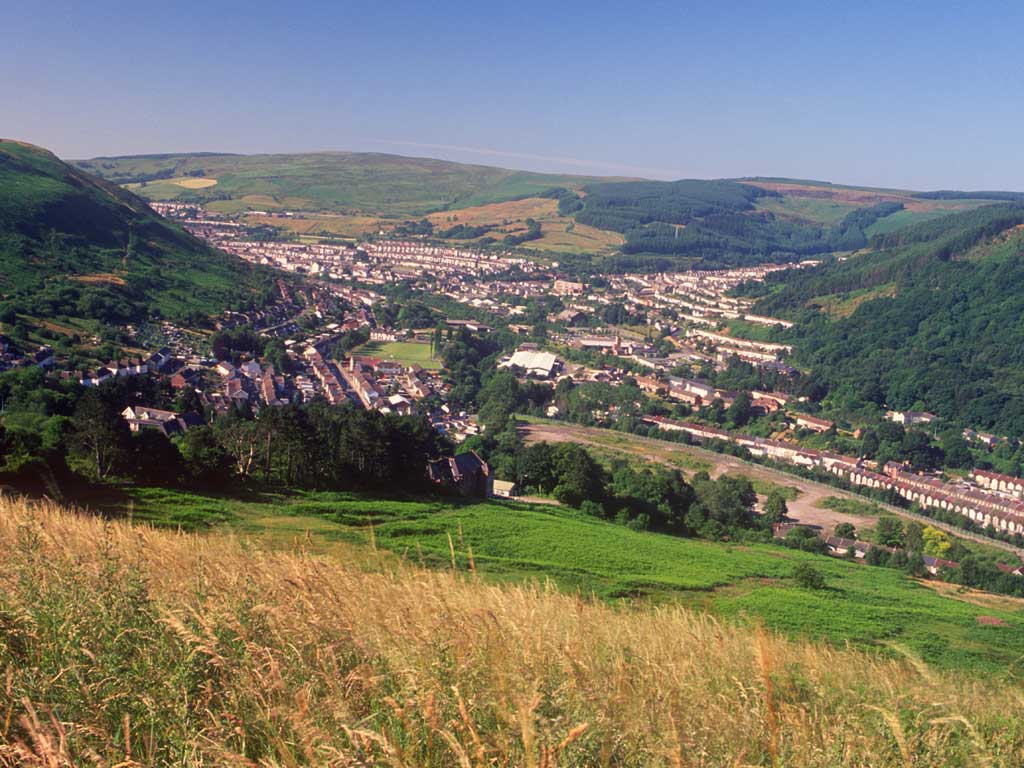Don’t dismiss teenagers until I’ve told you about the ones in the Rhondda
Public perceptions of young people are completely at variance with reality

Your support helps us to tell the story
From reproductive rights to climate change to Big Tech, The Independent is on the ground when the story is developing. Whether it's investigating the financials of Elon Musk's pro-Trump PAC or producing our latest documentary, 'The A Word', which shines a light on the American women fighting for reproductive rights, we know how important it is to parse out the facts from the messaging.
At such a critical moment in US history, we need reporters on the ground. Your donation allows us to keep sending journalists to speak to both sides of the story.
The Independent is trusted by Americans across the entire political spectrum. And unlike many other quality news outlets, we choose not to lock Americans out of our reporting and analysis with paywalls. We believe quality journalism should be available to everyone, paid for by those who can afford it.
Your support makes all the difference.Emma was not very impressed by my little talk about politics when I turned up at her sixth form back in 2001. I was a new MP and she probably thought I’d come from another planet. But when I chatted to her she had a very clear idea of what she wanted to do in life. “I want to be a barrister,” she said. “But the careers service here say that girls don’t get to be barristers, especially girls from the Rhondda, so I’m going to study beauty at college.” I don’t think I’ve ever felt so depressed.
Mind you, the stereotypes about kids from the Valleys of South Wales are pretty ingrained. Kids talk of turning up at interviews and fearing people in Cardiff will sneer at them for their accent or their address.
Don’t get me wrong: the economic deprivation that has weighed down on the Rhondda over the decades, especially since the mines closed, has had its effect. One woman who works for the Prince’s Trust told me that she could never understand why the youngsters she was working with, all of whom came from families with real problems, kept on turning up at least an hour late for every session, even when she knew that they really enjoyed what the course. She tried changing the time. It didn’t work. They still turned up late. And then finally she worked it out – they couldn’t tell the time. They had watches, but they were for show. That’s what comes of living in a household where the TV reminds you what you wanted to watch and nobody has to get to work on time.
Now, some will abstract from the specific to the general and presume that all Valleys kids are like that. They will suppose that, because we have a relatively high rate of teenage pregnancy (a phenomenon common to the whole of the UK compared with the rest of Europe), all the girls in the Rhondda want to get pregnant so as to get a flat.
But I’ve long suspected that those public perceptions about young people – and especially about young people in the Rhondda – are completely at variance with reality. That’s why I decided to ask 16- to 18-year-olds in the Rhondda precisely what they think about some of the key issues in their life – work, transport, sex education, higher education, alcohol and drugs. I wanted to get a clear understanding of what being young in the Rhondda means today and compare it with the rest of Wales and the UK. Amazingly, with the help of pupils from all the constituency’s secondary schools, we came up with a survey and 450 out of a cohort of about 1,800 replied.
I’m not aware of any MP ever doing such a survey before, so I won’t bore you with all the statistics, but the results are fascinating and fill me equal degrees of hope and frustration. Guess what? The Rhondda’s kids don’t fit the stereotype. They work hard. In fact, nearly four out of five have a job of some kind while still at school, far higher than elsewhere in the country.
What jobs do they want? Well, the beauty therapists are in the minority as the most popular choices are engineering, IT or the emergency services. They think their sex and relationship education was better than what kids elsewhere in the country received, but it started far later. And they think that you shouldn’t start a family until you can afford to bring up a child. These are serious, determined youngsters packed with aspiration.
But there are some depressing facts. Local kids are far less likely to want to go to college or university and far more likely to want to stick in Wales if they do. That may be great for the local college, but it drastically limits their horizons. Rhondda kids take fewer drugs, too, but two-thirds know where to get cannabis locally; a third know where to score some heroin, and of those who have tried drugs, a much higher proportion are regular users.
The biggest problem, though, is that the natural optimism of youth may be battered down by life. Nearly half of them expect to earn more than £35,000 a year. Since the national average is £26,000 and wages in the Rhondda are considerably lower, that’s a big gap.
But in the end, the far bigger gap is between perception and reality. The media would have us think there is a generation of feckless wastrels happy to lounge about on benefits. Actually, with more than one million under-25s unemployed, it’s tough out there. Shakespeare was wrong to say “the oldest have borne most”. This is the generation most under the cosh. We should salute them, not denigrate them – for Emma’s sake.
Join our commenting forum
Join thought-provoking conversations, follow other Independent readers and see their replies
Comments